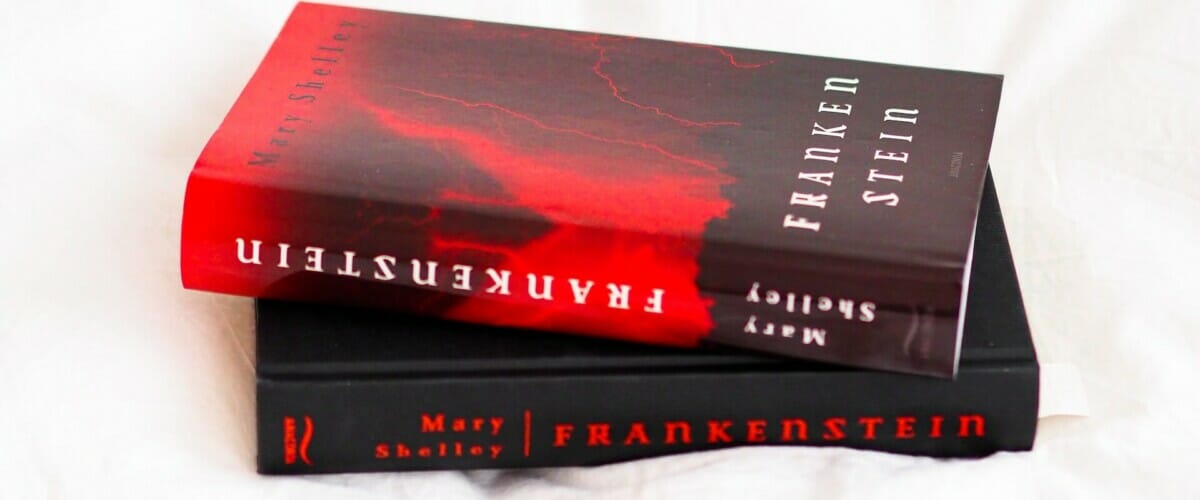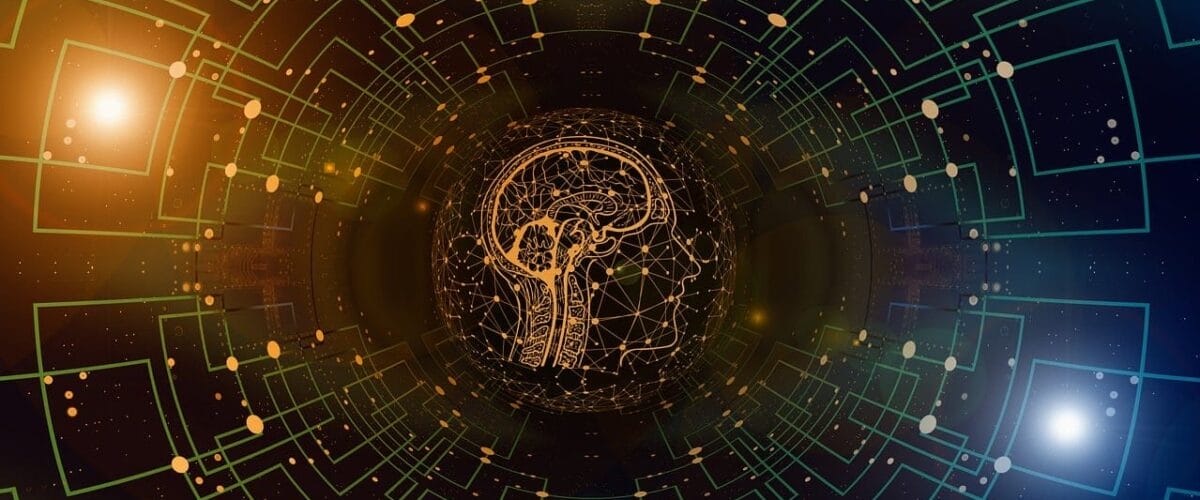The alchemists of old puzzled over what it might take to change lead into gold. Believing that because both were soft, malleable metals, compositionally, they must be similar enough that the task of making one out of the other must certainly be possible. They never stopped to question their desire to take something common and plentiful and make out of it something rare and valuable – how such a metamorphosis would be self-defeating. The very act of such a conversion, if possible, would almost immediately make gold common and plentiful – dramatically reducing its rare beauty that made it so desirable in the first place.
I’m reminded of the old adage, “Be careful what you ask for – you just might get it.” We recognize the wisdom of this adage as a caution to think through our choices carefully because our impulse is to be reductive in the way we assume value. Because we are always drawn to the assumption that the world can somehow be reinvented, made into a world that would better conform to who we imagine ourselves to be – never stopping to realize that a world that we can imagine will invariably be reductively finite when compared with the wonderfully complex world that actually exists.
This restlessness is fully displayed in Mary Shelley’s novel Frankenstein – named after the mad scientist in the story, Victor Frankenstein, who cobbles together an unnamed sapient creature out of human cadaver body parts. It is a tragedy on multiple levels. This soulless creature, the byproduct of human hubris, having the material form of humanity in its most reductively imagined state, discovers that it’s a disfigured absurdity in a world created with divine intent. We are left, at the end of the novel, to wonder who is the real monster, Frankenstein or his ill-conceived, ill-fated, misfit creation.
And ever since Shelley first told this horrific tale of unintended consequences, some element of her warning can still be found in many of the dystopic stories that have shaped the modern psyche. Which no doubt, resonates with our natural intuition that attempting to reinvent the world in our own vain image will inextricably end up becoming a reinventing of Frankenstein’s monster. But we’re also experiencing it in our trepidation about the approaching singularity of the creation of a self-aware AI – or at work on a more granular level in the social engineering that the political class always seems to be promoting for bloodless bureaucracies to implement.
For the Christian, this is readily recognized as the arrogance of wanting to be a self-made god – just another iteration of the familiar cautionary tale told in Genesis 3. This is because trying to imagine the world apart from God can only and ever be a reductive deconstruction of the world God has created. This is always how the materialist’s ontology devolves, lost in the self-affirming narrative of its own pretense. So instead, we choose to confess that Jesus is Lord and let God be God, and pray that He will direct our path . . . and lead us not into the temptation of trusting in our own vain imaginations.
Because there is so much more…




















[…] Open the full article on the kingdomwinds.com site […]